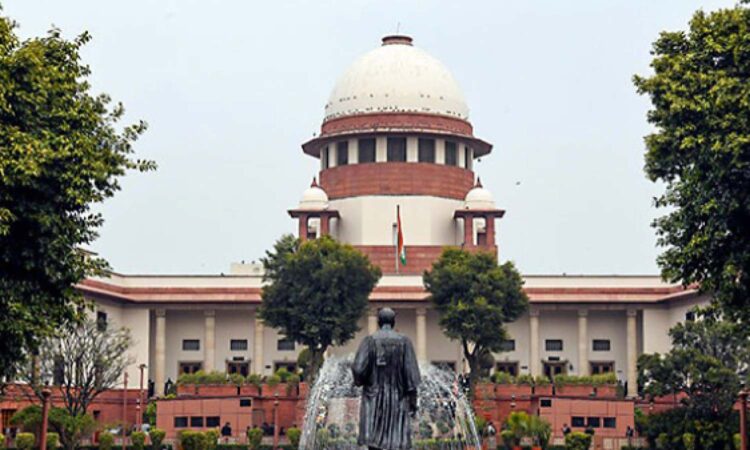HYDERABAD: The Union government has filed a counter affidavit in the Supreme Court defending the Waqf amendment Act, 2025, and urged the court to dismiss petitions challenging the law’s constitutional validity.
Responding to the petitions filed against the Waqf (Amendment) Act, the Centre asserted that the challenges were based on the incorrect premise that the amendments infringed upon fundamental rights related to religious freedom. The government maintained that the Act was passed after a comprehensive, in-depth, and analytical review by a Parliamentary panel.
Invoking Article 32, the Centre acknowledged that the Supreme Court has the authority to review legislation. However, it emphasised that the amendments to the Waqf Act were aimed at curbing the misuse of private and government properties, which had been occurring under the previous legal framework.
The government’s defence was submitted in a detailed 1,332-page primary counter affidavit, justifying the need for the amendments.
Highlighting developments since 2013, the Centre, through an affidavit filed by Shershah C. Sheikh Mohiddin, Joint Secretary in the Ministry of Minority Affairs, noted a significant and unexpected increase in Waqf properties.
The Supreme Court had earlier heard the matter on 17 April, following the filing of 72 petitions challenging the constitutionality of the Waqf Act amendments. During the hearing, the Centre had sought one week’s time to respond, which the court granted.
In the latest development, the Centre informed the court that until the next hearing, it would not denotify any Waqf properties. However, the Supreme Court directed that no non-Muslims should be appointed as members of the Waqf Council until further orders.
The next hearing on the matter has been scheduled for 5 May.










